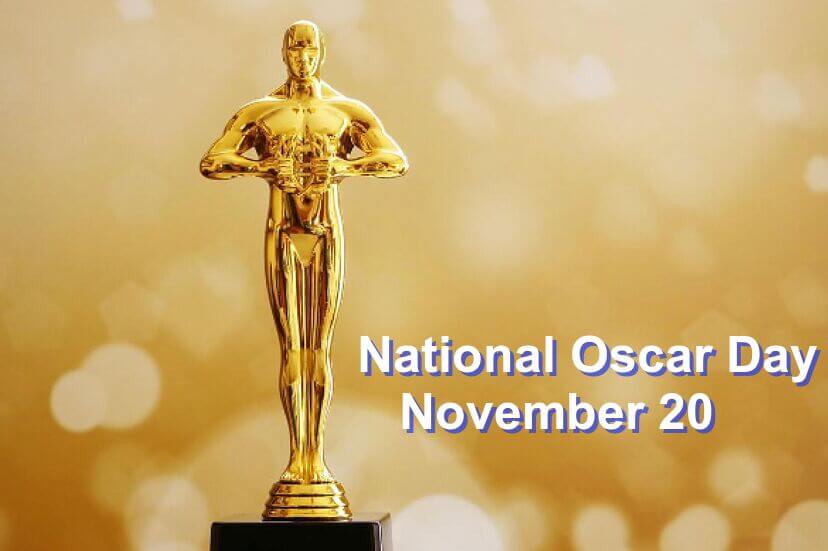National Oscar Day is celebrated annually on November 20. Contrary to what one might initially think, this day is not directly related to the famous Hollywood awards known as the Oscars. Instead, the name “Oscar” in this context refers to a character in Irish mythology. Oscar is depicted as a powerful warrior who is greatly respected within his community.
Table of Contents
History Of National Oscar Day
The history of National Oscar Day ties back to Irish mythology and various cultural influences. The name “Oscar” may have evolved from the Old Irish words ‘oss’ (meaning ‘deer’) and ‘carae’ (meaning ‘friend’), or it could have derived from the Old English name ‘Osgar’ or its Old Norse equivalent ‘Ásgeirr’. Both of these names were introduced to Ireland by Viking invaders and immigrants. In Irish legend, Oscar was the son of the poet Oisín and the grandson of the hero Fionn mac Cumhaill. The 18th-century Scottish poet James Macpherson popularized this name across continental Europe. Interestingly, Napoleon was a fan of Macpherson and chose Oscar as the second middle name for his godson, who later became King Oscar I of Sweden. Additionally, notable individuals like Oscar Wilde, the Irish playwright and humorist, and Oscar Niemeyer, the Brazilian architect, have borne this name.
When did the name Oscar become popular?
The name Oscar became popular in the 18th century, primarily due to the influence of Scottish poet James Macpherson, known for his Ossianic poetry. The name gained further prominence when Napoleon, an admirer of Macpherson’s work, chose it as a middle name for his godson, Joseph Bernadotte, who later ascended the throne as Oscar I, King of Sweden. This connection to a prominent historical figure and royal lineage played a significant role in popularizing the name, especially in Scandinavia.

